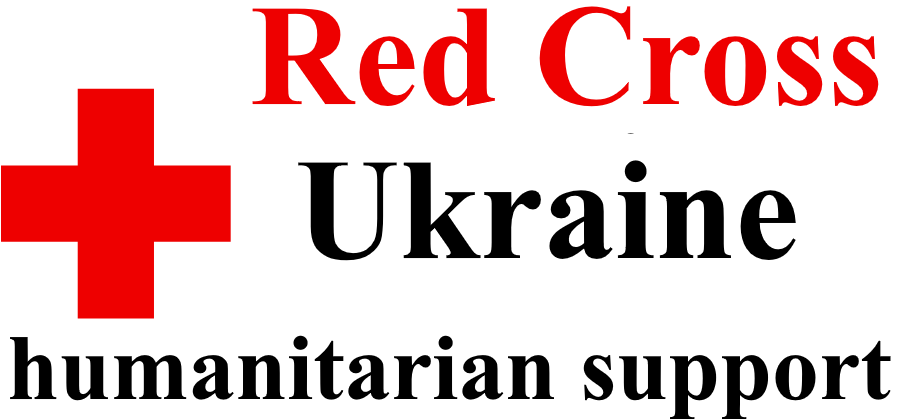Observer’s paradox
Have you ever heard of the term observer’s paradox? This is a sociolinguistic term which was introduced by Labov (1972, p. 209) who noted that “the aim of linguistic research in the community must be to find out how people talk when they are not being systematically observed; yet we can only obtain this data by systematic observation.”
Indeed, in order to be able to observe any linguistic phenomenon and carefully analyze it, this phenomenon needs to be recorded (e.g. in the form of an audio or video recording); however, as soon as speakers are aware that they are being observed, their linguistic behaviour may change.
What are the ways to overcome the observer’s paradox? Have you ever conducted research (or participated in a research) where observer’s paradox was or might be a cause of the change in participants’ linguistic behaviour? How reliable is the recorded data which linguists explore and which might be subjected to the observer’s paradox?
References
Labov, W. (1972). Sociolinguistic patterns. Philadelphia: University of Pennsylvania Press.
Iaroslav

In my opinion, the observer’s paradox may or may not be an issue. It is, probably, worth speaking of the degree of the observer’s paradox in each particular case. If the degree is high and it is, in fact, an issue to the extent that it considerably changes the linguistic behaviour of the people participating in the study, then the results of the study may not be reliable. However, if the degree of the observer’s paradox is low and it does not influence the linguistic phenomenon being observed, then the data and the results of the study may be reliable provided that the analysis is conducted accurately.
is observer’s paradox applicable only in sociolinguistics
Hi David,
The observer’s paradox is applicable in a lot of different contexts. Sociolinguistics is only one of them. We could go as far as to suggest that observer’s paradox may also be a factor in studies related to animals as they too are likely to react somebody’s presence just as much as humans if not more, perhaps.
Hi there!
A few years later…who knows, you may never see my question. I have something on my mind, is the observer’s paradox useful in the CA method? (Conversation Analysis) I have a hard time understanding how the observer’s paradox could be useful since the person who is doing the analysis is probably not present?
Hi Lovisa,
First of all, the observer’s paradox is usually NOT useful. In fact, a linguist’s objective should be to minimize or avoid its affect on the audience observed / studied. As for CA – it is too wide a term to decide on possible impacts (useful or not) of the observer’s paradox. For instance, how was the data collected in the first place? Did someone take notes, audio or video recorded the conversation; was the researcher in the same room with the observed; were the people observed notified that their conversation was recorded; were they in a public place, etc.?
As you can see, even if you are a researcher who analyzes conversations provided to you, although the observer’s paradox may not be a factor as you work with the data, it might have been a factor during the data collection. How exactly to minimize adverse affects of the observer’s paradox in any given situation is going to be determined by the context, available methodology (e.g. how exactly the data is collected, over what period of time and so on), technology (is it a big microphone or camera that participants always see or is it so small that they may even forget about it at some point of time and so on), etc.